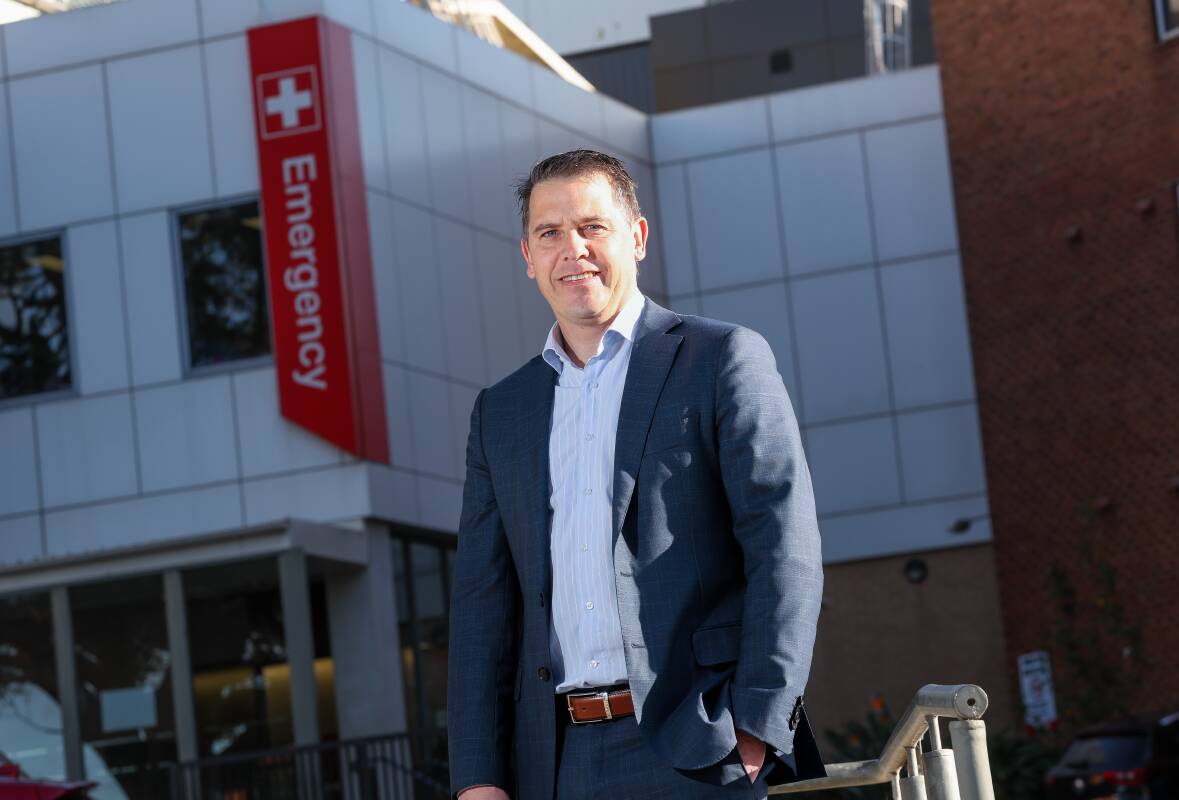
The NSW public health system is facing a shake-up, with the Minns government examining ways to cut waste, overservicing and rising costs - including in the Hunter New England Health district.
The government announced on Thursday a Special Commission of Inquiry that will conduct a "once in a generation" review of the $33 billion annual spend on healthcare funding in NSW.
The inquiry will pinpoint ways to provide "higher quality, more timely and more accessible" patient care.
It will examine the balance between "central oversight" and "local decision making" in the state's health districts.
The Hunter has not been immune from the health system's troubles, which include staff shortages, demands for better pay and conditions and long waiting lists for elective surgery and appointments with specialists.
The latest Bureau of Health Information [BHI] data showed that John Hunter Hospital recorded its worst quarterly result for the time that patients spend in the emergency department since modern records began in 2010.
The median time of patients leaving John Hunter's emergency department was 5 hours and 1 minute. One in 10 patients left after "11 hours and 58 minutes".
NSW Health Minister Ryan Park said the inquiry would examine "how our health system is funded so we can ensure patients and our essential healthcare workers are getting the support they need".
Opposition health spokesman Matt Kean said Mr Park "needs to commit to not cutting a single cent from the $33 billion health budget".
Mr Kean added that Mr Park "needs to show he does care about healthcare by committing to keeping the 1100 extra nurses [including 138 in the Hunter] we funded through the pandemic".
Mr Park countered that "the Coalition government had no intention of continuing to fund these essential nurses".
The Health Services Union has said NSW Health had 12,000 vacancies, with unsatisfactory wages and burnout big factors in the crisis.
The inquiry will look at expanding the roles of paramedics, nurses, midwives and community health services to help take pressure off hospitals.
It will also examine the costs of doctors who work as "locums and visiting medical officers".
Australian Medical Association NSW president Dr Michael Bonning slammed the inquiry, saying it was "focused on cuts to hospital care".
"This inquiry is an exorbitant and wasteful use of taxpayer dollars when we need to see funding going into frontline clinical services," Dr Bonning said, adding the inquiry would cost $80 million to $100 million.
"An inquiry presses pause on immediate actions that need to be taken to address systemic failings that need to be funded. Emergency departments are already understaffed."
He said the inquiry was being "driven by the HSU [Health Services Union] to move money into other parts of the system, rather than increasing the overall amount of funding".
The HSU demanded the inquiry before the state election, highlighting waste in the system and a lack of primary or preventive healthcare that costs the state through avoidable hospitalisations.
Mr Park's spokesperson said the inquiry would "look at the interplay" between hospitals and GPs, given the decline in bulk billing and pressure on emergency departments.
However, the spokesperson added that "GPs don't fall under state government responsibility".
Nonetheless, Royal Australian College of GPs president Dr Nicole Higgins welcomed the inquiry's focus, "including for health services in the community such as general practice".
"General practice plays a critical role, keeping people healthy and reducing pressure on our emergency care system. There is so much more that GPs can and want to do for our patients - we just need to remove the barriers," Dr Higgins said.
The federal government announced a review on Thursday to "look at how we can better help health practitioners work to the full extent of their skills and training".
Federal Health Minister Mark Butler said this included "nurses, pharmacists and allied health professionals".
The NSW government also announced on Thursday that it would pause payroll tax audits for GPs and their practices for 12 months. Most Hunter GP clinics are affected by the payroll tax issue.
NSW Finance Minister Courtney Houssos said the move would reduce cost pressures facing GPs, but Dr Bonning said the government was "trying to focus attention on a very small payroll tax issue".
"It's not giving the certainty that general practice needs to address the future and current crisis," he said.
The commission of inquiry will release its final report in August next year.







